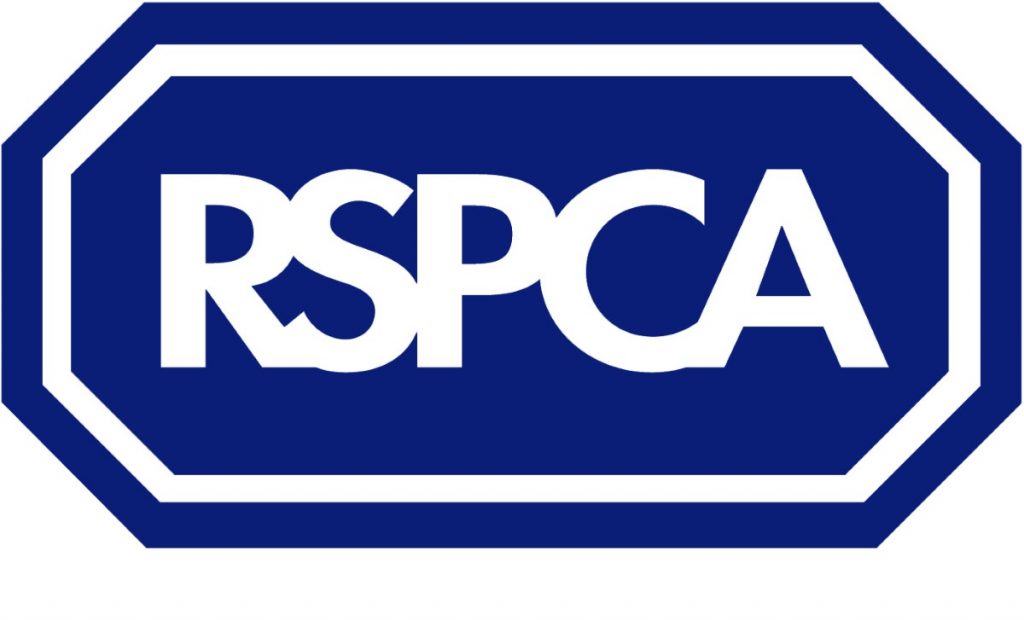RSPCA: We’re made up – but there’s still more to do
"We're made up": RSPCA celebrates ban on cosmetics tested on animals
The RSPCA is celebrating as the sale of cosmetics tested on animals is banned within the European Union today – 30 years since the charity began campaigning for ‘cruelty-free’ cosmetics.
From today (11 March), legislation bans the sale in EU countries of cosmetics which have been newly tested on animals.
Gavin Grant, chief executive of the RSPCA, said: “Animal testing in the name of beauty has never been acceptable. This landmark legislation at the end of a long campaign sends out a loud and clear message to other countries and those companies operating outside the EU.
“Many cosmetic companies are multinational but this legislation means that they can’t avoid a test ban in the EU by carrying out tests in other countries. If their products or ingredients have been newly tested on animals then they cannot be sold in the EU, no matter where the testing took place.”
The RSPCA along with a number of other organisations successfully lobbied the UK government to ban the animal testing of cosmetics products and ingredients in 1997 and 1998. We have since worked to ensure that this ban was extended right across the EU. Through our work with Eurogroup for Animals, the pressure has been maintained on the European Parliament, the European Commission and the cosmetics industry to invest in alternatives and implement the agreed ban.
Throughout the campaign, the RSPCA has played an important role in various cosmetics industry advisory committees, pressing for investment into alternatives to animal testing and promoting ethical testing policies. The RSPCA has also given its ‘Good Business Awards’ to companies like Lush and The Body Shop for their commitment to producing only ‘cruelty-free’ products.
Before animal use to test cosmetics ingredients was banned in the EU in 2009, around 2,000 animals were still being used across four countries (France, Czech Republic, Spain and Romania). However, millions more are still being used for the testing of chemicals used in other industry sectors. The RSPCA is pushing hard for faster progress that will significantly reduce the use and suffering of these animals too.
Mr Grant added: “This is a great day for animals but it isn’t the end of the story – there are still many animals being used across the world to develop cosmetics products that will be sold outside of the EU. We will now be taking our message to these countries and companies to ask them to follow our lead and end this suffering”.
-ends-
Notes to editors
· Directive 2003/15 introduces the prohibition in the EU of the marketing of any cosmetics where the product or its ingredients have been tested on animals after 2009 (or 2013 depending on the specific test).
· The definition of a cosmetic product as used in UK law and throughout the European Union is wider than many people expect. As well as decorative make-up, it includes products designed to “clean, perfume and protect the body”. This definition incorporates soaps, bath and shower preparations (salts, foams, oils, gels), deodorants and antiperspirants, hair care products (shampoos, conditioners, sprays and colourants), shaving creams, foams and lotions, toothpaste and mouthwash, sun creams, anti-wrinkle products, face packs and hand lotions, as well as after-shaves and perfumes.
· Information on the implementation of animal testing and marketing bans in the UK and the EU can be found here: www.rspca.org.uk/allaboutanimals/laboratory/testingchemicals/cosmetics
For interviews, please contact the RSPCA press office on 0300 123 0244/0288.
RSPCA, Wilberforce Way, Southwater, Horsham, West Sussex RH13 9RS
Press office direct lines: 0300 123 0244/0288 Fax: 0303 123 0099
Duty press officer (evenings and weekends) Tel 08448 222888 and ask for pager number 828825
Email: press@rspca.org.uk Website: www.rspca.org.uk
Dogs come in all shapes, sizes and breeds! Check out our top tips for
canine care:
http://blogs.rspca.org.uk/insights/2013/01/03/meeting-your-dogs-welfare-needs/





-01.png)